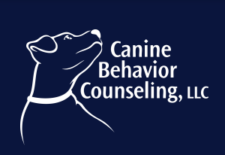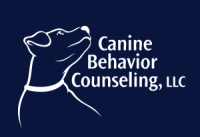To Sit? That is a nice default behavior, but not the most important one to teach.
To Leave it? Awesome behavior to have, great on walks both on and off leash!

How about not to bite human flesh? Sounds pretty important to me! Bite inhibition is the technical term for a dogs ability to control the pressure they use when biting. If you could only teach your puppy or new rescue dog one behavior, please remember to teach him a soft mouth — aka bite inhibition.
How? By giving your dog appropriate feedback. Over several days with the following positive techniques, your puppy will learn this life saving skill.
1. Hand feeding daily meals, release the food when your puppy is gentle or licks. If you feel teeth, wait until he softens, then reward.
Example: Say your pups name and when he look at you, offer a piece of food. Say your pups name and “come” offer a piece of food as a reward. Reward your puppy for coming and sitting 10 times per meal and you will have a solid sit and a softer mouth!
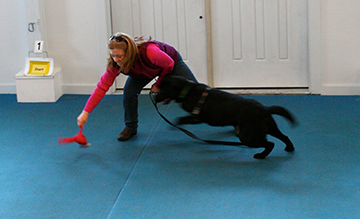
2. Play tug, using the rules of tug you can quickly help your puppy learn that when you feel teeth on your skin, playing stops. Remember, do not drop the toy or you could teach your puppy that biting is how they do get the toy. Instead, ask for a sit to begin the game, then say “take it” and play “tug” keeping the toy low to the ground. Next, put a treat to the pups nose and say “leave it” and
exchange with the food while putting the toy behind your back. Repeat, sit, take it, tug, leave it.
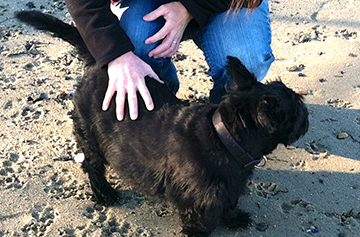
3. Body handling your puppy with a soft, flat gentle hand. If your puppy bites your hand, then let your hand go limp, dead like, and wait until the puppy removes his mouth from your hand. Repeat slowly and gently as your pup learns that hands predict good gentle scratches and massaging. Some puppies respond if you scream, but some thing you are simply playing, so this feedback may help and it may not as all puppies are different.
4. Allowing your puppy playtime with another friendly dog or in a puppy group. Playing with other pups will surely help your puppy learn
not to bite too hard, many pups learn to use a soft mouth when playing with their mother, however some pups miss out on this lesson and will therefore learn it while playing with other puppies and of course playing with you.
Teaching your puppy a soft mouth or good bite inhibition is the ONE most important behavior you need to teach. Remember, your pup will not stop using his mouth on you and your clothes in 1 day as he has been using it with his siblings for 8 weeks, be patient and give your puppy the feedback he so needs to be able to live with humans.
What should you not do? Scare your puppy or teach him that human hands are to be feared, as this tactic will most likely make him want to bite hands more. Why? Science has taught us that dogs who are handled in a physical or rough manner are more often to bite later in life. Science has also taught us that aggression breeds more aggression.
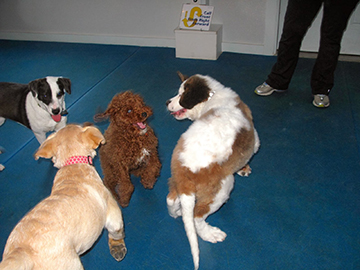
If you do not want your puppy to use his mouth to resolve conflict, then please do not use your hands to resolve conflict. Science has taught us that rough hands on a pup, will create unwanted behavior changes as the pup matures. Example: Submissive peeing, over the top wiggly greetings, worse mouthy behavior, biting later as an adolescent dog, growly and avoidance behaviors.
For a reference on teaching a soft mouth, refer to Sophia Yin’s Low Stress Handling techniques
Dr. Sophia Yin, Low Stress Handling. Although Sophia passed away just yesterday, she will always be a source to reference because she educated those of us in the Pet Industry that the emotional well being of the animal is essential to avoiding unwanted behavior changes.
